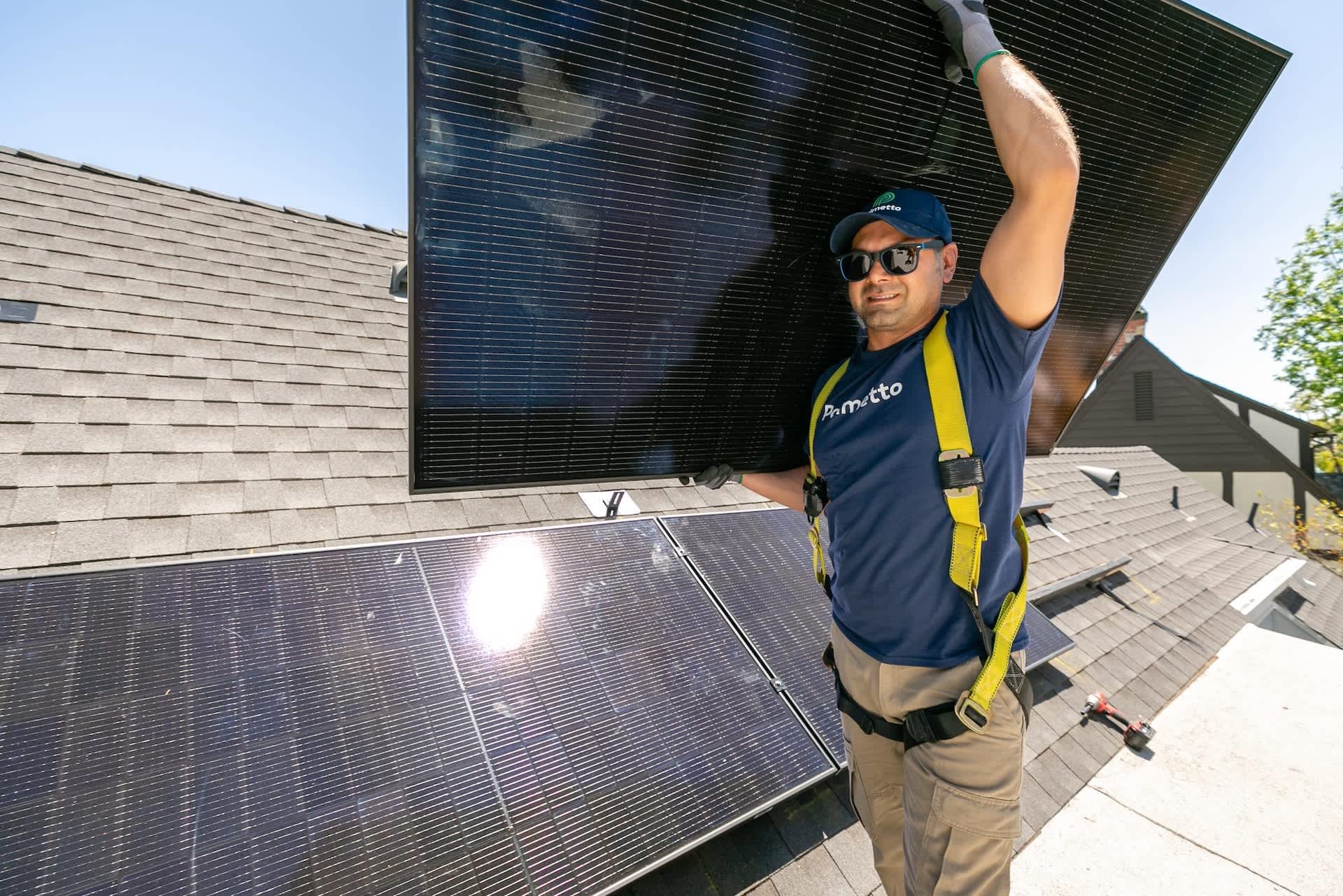An emerging brand in the fashion industry has found a way to turn waste from an unlikely source into a sustainable alternative to traditional leather goods.
VEGEA has uncorked the potential of byproducts from the winemaking process, taking grape pulp, skins, seeds, and stalks and combining them with vegetable resins and water-based polyurethane to create a durable and versatile biomaterial, per Her Circle.
The company — a portmanteau of vegan and gea, the latter of which is derived from the Greek word for Mother Earth — was founded in Milan in 2016 on the principles of finding ethical and eco-friendly solutions to petroleum- and animal-based leather products.
Its approach helps reduce the 15.4 million tons of annual grape waste created during winemaking, which might otherwise be discarded in landfills and release planet-warming gases as it decomposes. Furthermore, VEGEA pivots away from the harmful practices typically associated with conventional leather production.
Leather manufacturing is a water-intensive process that can leach toxic chemicals into the air, water, and soil, harming local ecosystems.
The European Commission cited research that found that leather tanning uses up to 170 different chemicals and that a single leather tote bag requires 17,127 liters of water — roughly how much an individual drinks in 23 years. It also used data from Circumfauna that calculated that the average cow skin leather tote bag generated 221.5 pounds in carbon pollution.
Can't afford solar panels? Here's how to get them without paying for purchase or installation Palmetto's revolutionary LightReach program gives you all the benefits of solar power without the upfront costs. LightReach lets you lease solar panels with no money down, making it easier than ever to lock in energy savings. Palmetto assumes all risk and responsibility for the panels you lease, which means you'll get reliable performance without unforeseen costs. To get started, just answer a few basic questions about your home and learn how much you can save. Learn more → |
Watch now: World-famous climber shares how he teaches his baby daughter to compost
These statistics don't account for the broader cattle industry, which has contributed to Earth's overheating and biodiversity loss through deforestation and land degradation. The textile sector is equally notorious for its wasteful and polluting habits, generating 10% of global carbon pollution and accounting for 20% of worldwide clean water contamination.
VEGEA is more eco-friendly than faux leather, which uses dirty-energy-sourced synthetics like PVC and polyester that can shed microplastics.
Ultimately, the company — which has already collaborated with brands like Moleskine, Calvin Klein, and Bentley — promotes a more circular and sustainable economy through its use of grape pomace.
Designer Stella McCartney is even using VEGEA in her partnership with champagne house Veuve Clicquot to create bags, sandals, and bottle holders.
TCD Picks » Quince Spotlight

"Using waste to circularly create a luxurious alternative to animal leather can be easily scaled and change the industry," she said, per Wine Enthusiast. "You truly cannot tell the difference; this is a better way."
Join our free newsletter for weekly updates on the latest innovations improving our lives and shaping our future, and don't miss this cool list of easy ways to help yourself while helping the planet.












